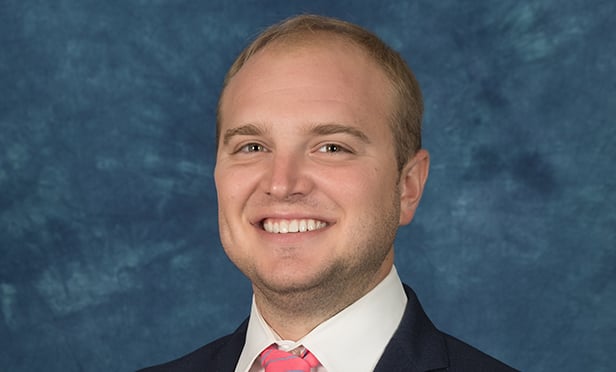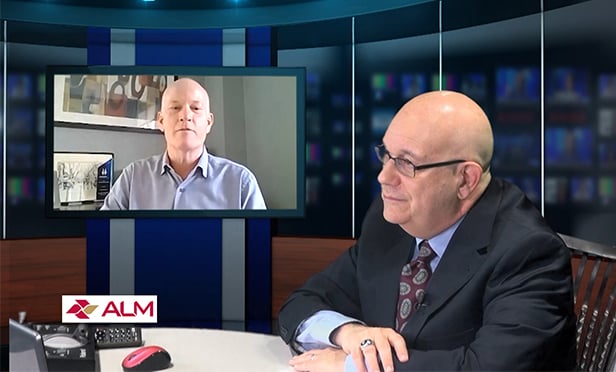As a result of a convergence of 2007 events, water supply is a critical issue for development in the foreseeable future. NAIOP SoCal and the California Business Properties Association (CBPA) are concerned about how water agencies will respond to these circumstances, and are working with state and local policymakers to address the issue. However, signs suggest that, absent a series of wet winters or enactment of a major water bond that includes increased off-stream storage capacity, we should prepare for restrictions and even moratoria on new water service connections. To avoid these consequences, the development industry needs to get involved with the policies and the actions taken by local water and community services districts (CSDs).
Most of us know we received little snow or rain last winter. This spring, the Sierra Nevada snow pack was half the normal amount. A federal court ruled on Aug. 31 that water exports from the Sacramento-San Joaquin Delta must be cut to protect an endangered fish—the Delta Smelt. The Metropolitan Water District (MWD) estimates it may lose 30% of its Northern California supplies as a result.
In February, the California Supreme Court struck down a residential/commercial development project under the California Environmental Quality Act (CEQA), stating that the project's Environmental Impact Report (EIR) did not address water supply issues. In so doing, the Court created more rigorous standards for water supply analyses in EIRs.
While a special water session was called in Sacramento this fall, agreement expanding storage and delivery systems remains elusive, and appears likely to be the subject of competing ballot measures next June.
Rex Hime, president and CEO of the CBPA, has been a lead negotiator with the governor and legislative leaders as part of a business coalition working toward a water bond: "We were extremely close to a deal, but interests on the other side were unyielding about off-stream storage. We compromised as much as we could, but cannot simply give up on that issue. California must provide a comprehensive fix that increases storage, improves conveyance and promotes projects that enhance environment. Unfortunately, we are faced with a situation where voters may have to choose between two separate water bonds, which decreases the likelihood that anything will be passed."
Overlying all of these factors is the global warming frenzy. The state has yet to determine how to implement AB32, and it is unclear what measures will be enacted. Nevertheless, the attorney general and others have brought lawsuits under CEQA, challenging projects for allegedly failing to address global warming. Of great concern to NAIOP SoCal and CBPA are those cases that have not yet yielded any guidance on whether and how global warming can be addressed through this process. We can expect global warming concerns will be cited by no-growth activists to justify water-use restrictions and deny future water projects.
Water districts may respond by denying further water connections and entitlements. A water district (including a CSD that supplies water) may declare a "water shortage emergency condition" if it anticipates an imbalance in supply and demand. Once this occurs, it can impose restrictions and moratoria denying new water connections. With some exceptions, property owners have limited legal recourse, because the courts have ruled that prospective water users do not possess any right to water service or the same treatment as established users.
However, NAIOP SoCal and CBPA indicate things can be done. Water districts and CSDs must hold public hearings and accept testimony and evidence from the public before declaring a water shortage emergency and implementing restrictions or moratoria on new connections. The districts' determinations are reviewable in court. A district denying service because of limited water supply has a continuing obligation to exert every reasonable effort to augment its available water supply in order to meet increasing demands.
The prospect that water concerns will be used to delay or halt development is a real concern for the near future. You can make a difference by being engaged with NAIOP SoCal and CBPA to better understand water policy.
The views expressed in this article are those of the author and not Real Estate Media or any of its publications.
© Touchpoint Markets, All Rights Reserved. Request academic re-use from www.copyright.com. All other uses, submit a request to [email protected]. For more inforrmation visit Asset & Logo Licensing.






